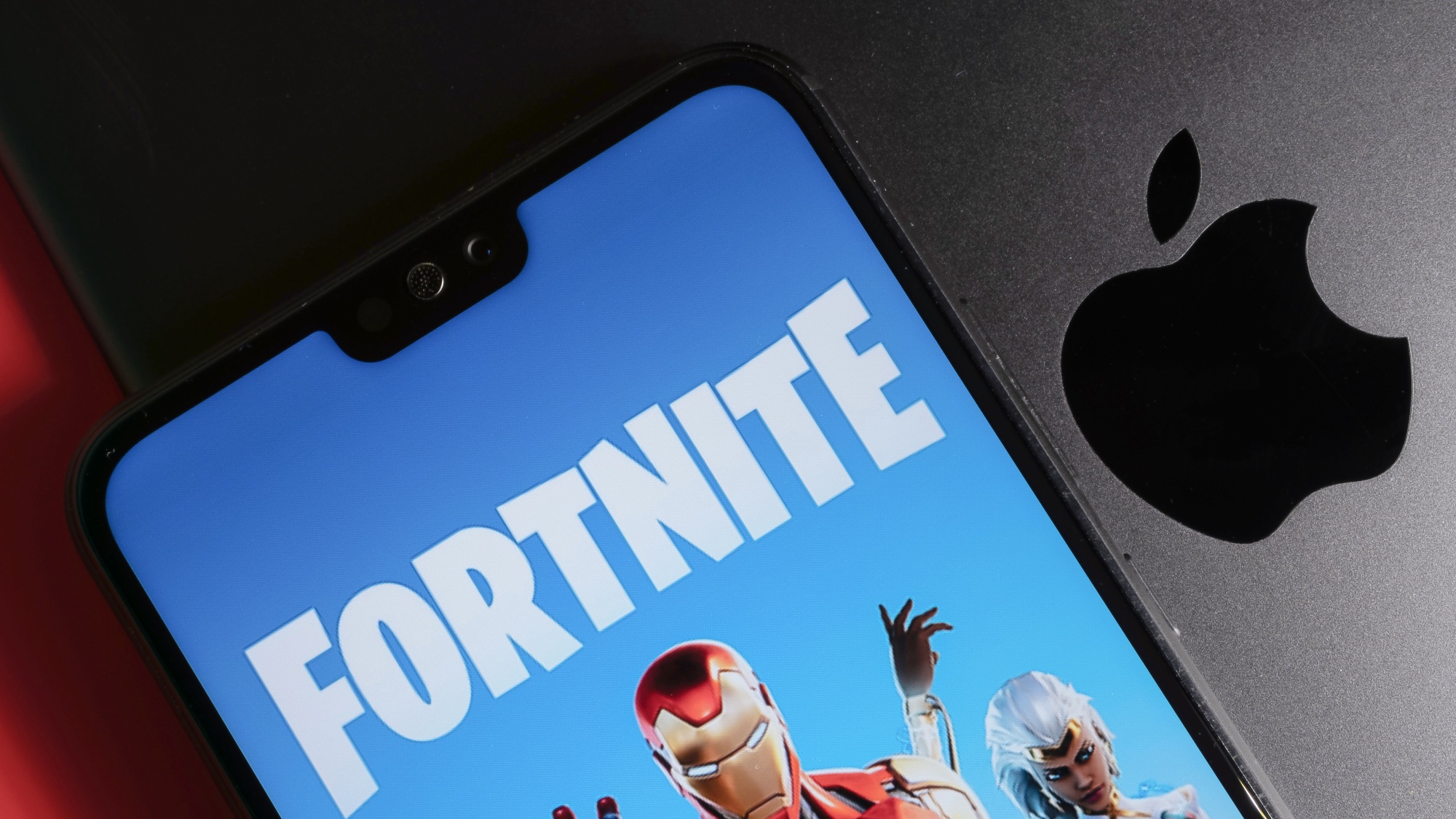
The Apple-Epic Games saga has hit a new, more antagonistic height. And now, the feud is spilling over to iOS users.
Epic on Wednesday (March 6) said that Apple has terminated the company’s developer account after calling Epic “verifiably untrustworthy.” The move means Epic will not be allowed to release any games on iOS. And although the company had planned to release the Epic Games Store to Apple’s platform in the European Union, that possibility, too, has been eliminated.
“In terminating Epic’s developer account, Apple is taking out one of the largest potential competitors to the Apple App Store,” Epic wrote in a blog post. “They are undermining our ability to be a viable competitor and they are showing other developers what happens when you try to compete with Apple or are critical of their unfair practices.”
Apple’s decision comes as the European Union (EU) has started enforcing its Digital Markets Act (DMA) regulation, which requires Apple to allow third-parties to offer their own app stores to iOS users. The move loosens Apple’s grip on the EU app ecosystem.
Epic had previously said that, in light of the DMA, it would launch its games store to iOS. The company also said that it would bring back Fortnite and offer it through its own store. Fortnite hasn’t been available on iOS since 2020.
With Apple’s latest move, however, Epic has no choice but to find alternatives. And it could dramatically change how gamers would get Epic’s games.
Fortnite and the iPhone
As one of the most popular video games in the world, Fortnite’s absence from iOS has been nothing if not conspicuous. However, with Apple and Epic’s ongoing feud, it seemed, absent the DMA, that it would never come back to Apple’s platform.
As the DMA’s enforcement date approached, Epic made clear that it was planning to bring back Fortnite by launching its own app store in the EU. Not surprisingly, European users were excited.
Now, though, the company has acknowledged that Apple’s ban means it can’t bring Fortnite to the platform unilaterally. That said, Epic has said that it will explore the possibility of delivering Fortnite to iOS users through another third-party app store. Exactly which app store is unknown.
What about the Epic Games Store?
Epic was under the impression that it would be able to launch its own Epic Store on iOS. The move would’ve been a boon for mobile gamers who want to access Epic’s strong repository of games and download the titles without Apple’s oversight.
However, now that Epic has lost its developer license, its store, too, is out. Again, Epic could work with other app stores to make its games more readily available, but whether Apple could somehow block other titles available on other platforms is also unknown.
Other App Stores a possibility
It’s no secret that Apple has kept an iron-like grip on iOS since its launch. Apple has argued that such control ensures security and enhances the quality of using its phones. Its detractors, however, have said that the move only fills Apple’s coffers and limits what developers can create.
The DMA paves the way for developers who wouldn’t otherwise get their apps approved in Apple’s App Store to instead try their luck with third-party marketplaces where rules and regulations may be more relaxed. It also gives users the ability to access a wider array of games and apps that Apple may have previously banned.
However, Apple’s decision to ban Epic calls into question how much ability it has to similarly ban other third-party app stores from iOS by pulling their developer accounts. As of this writing, it’s unclear just how much control Apple has in stopping third-party marketplaces and whether any attempts to sidestep the DMA by making similar arguments to those it made with Epic could be called into question.
Has Apple found a loophole for stopping users from accessing third-party marketplaces? It’s too soon to tell, but it’s worth watching.
What this means for U.S. iPhone users
To be clear, the U.S.-Epic feud currently only affects European users and companies regulated by the DMA. For American users, therefore, don’t expect any third-party app stores or for Epic to find a way to launch Fortnite to U.S. users anytime soon.







